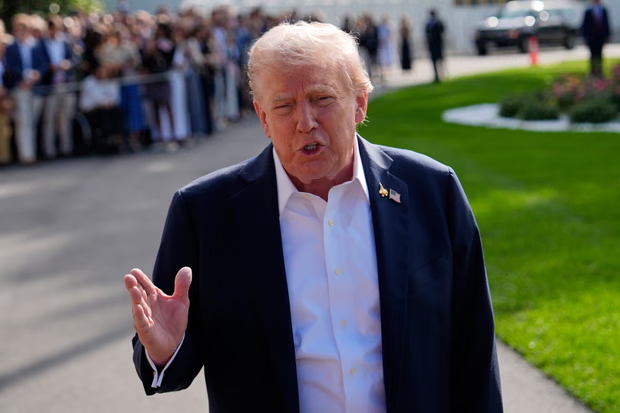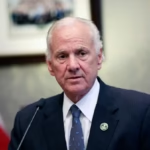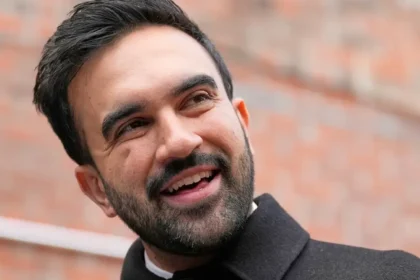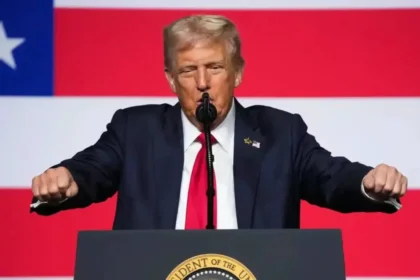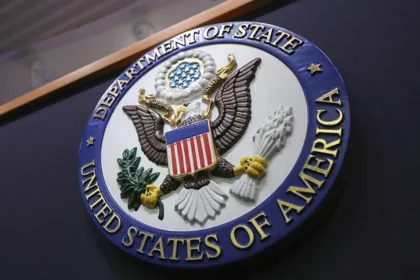In recent years, scandal has lost its power to shock. Once the kind of revelations that toppled presidents, acts of corruption are now being wielded openly, even proudly. Former President Donald Trump has redefined the landscape: rather than hiding wrongdoing, he broadcasts it turning integrity lapses into proof of authenticity. What used to be alarming now fades into the backdrop.
Observers warn this normalization of misconduct corrodes accountability. If we grow numb to abuses of power, how can institutions enforce limits? The danger lies in indifference: when the bar for outrage keeps rising, only the boldest transgressions stand out. Trump’s tactic doesn’t just shift expectations it reshapes norms. By making corruption theatrical, he pushes society toward tacit acceptance. That is the real threat—not a single scandal, but the erosion of shame itself.
The stakes are high. Democracies rely on trust, norms, and checks on power. When leaders treat boundaries as optional, the frameworks designed to restrain abuse risk collapsing. Today’s spectacle politics demands a response not with surprise, but with clarity, resistance, and renewed commitment to accountability.


